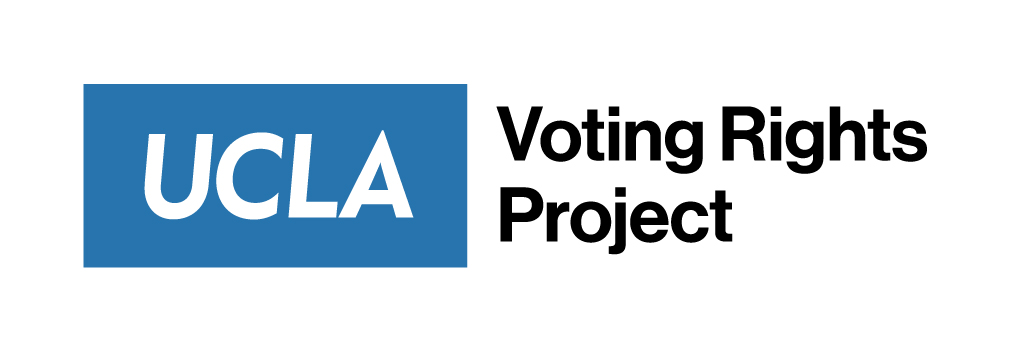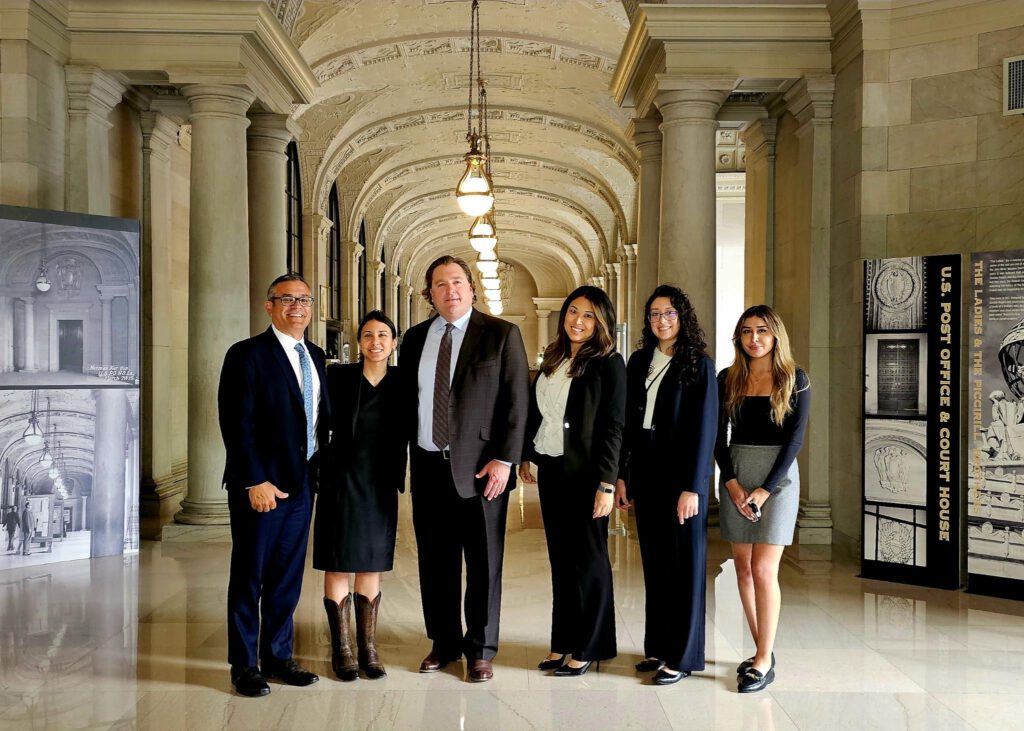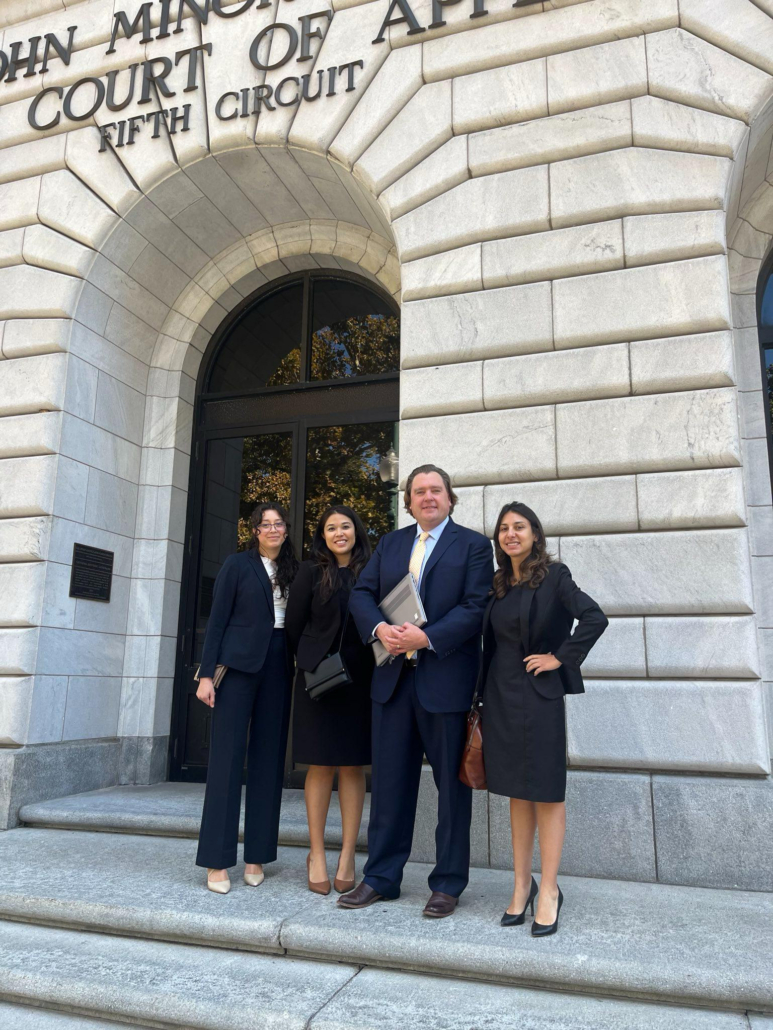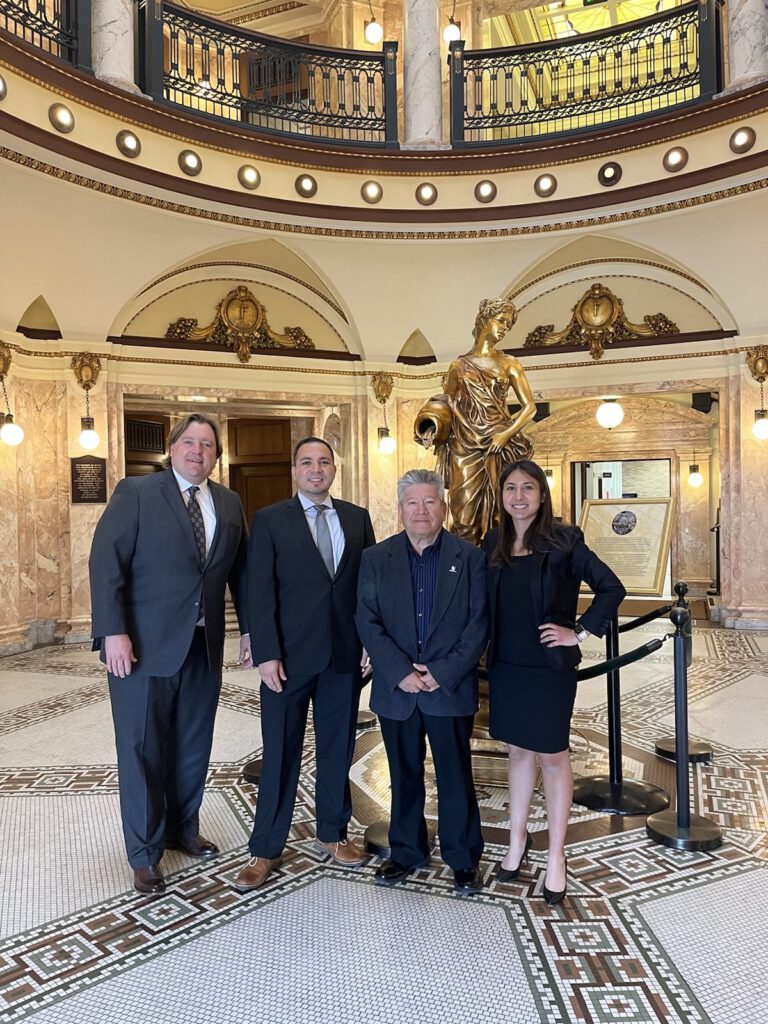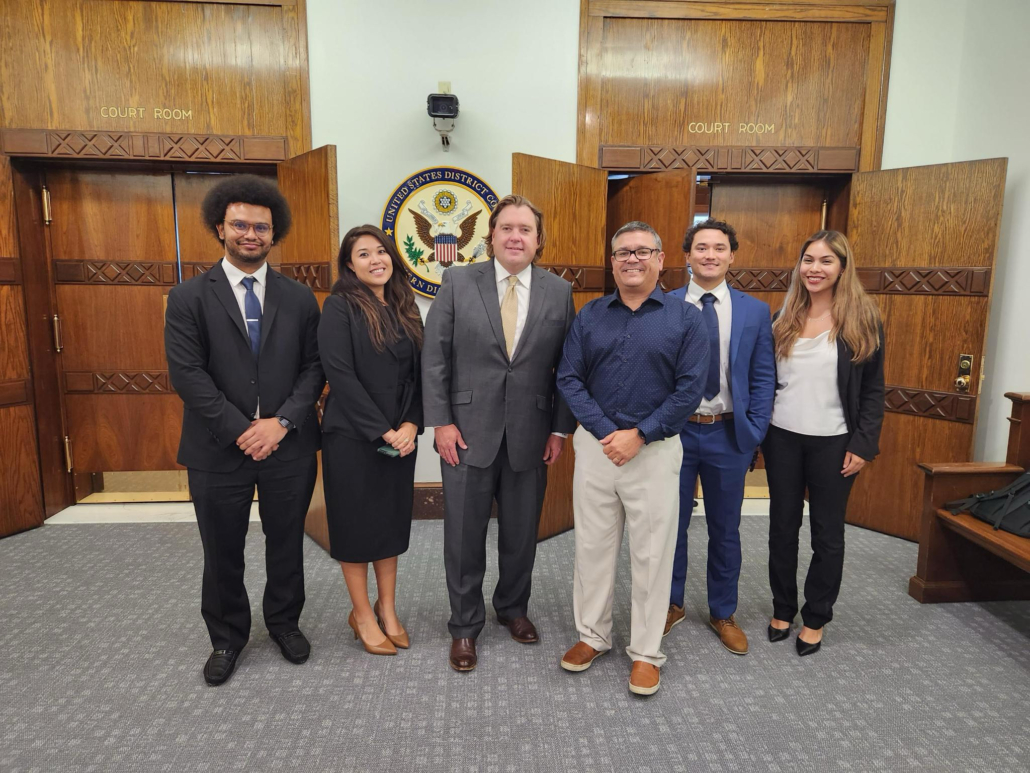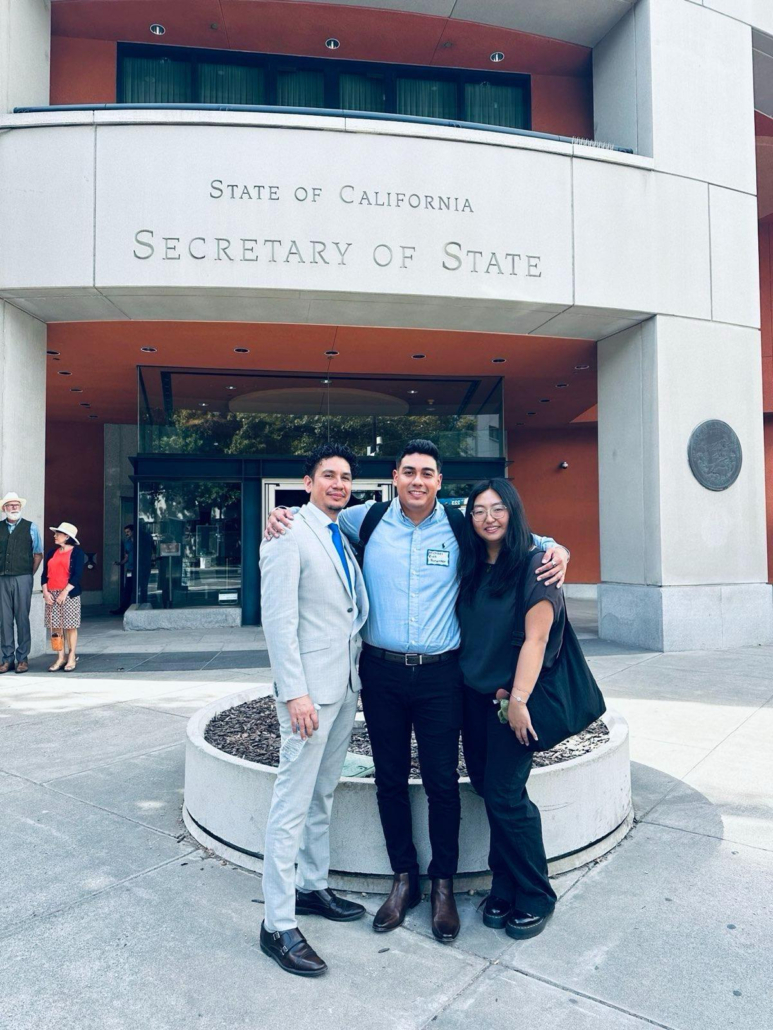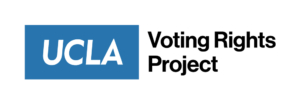Research
The UCLA VRP’s research and policy agenda makes the reality of an equitable multi-racial democracy possible. Using both our data science and legal expertise, we have lobbied to multiple counties and localities across the United States to enact equitable districting plans, ensuring that communities would be protected under state and federal law for a decade to come. Since 2020, the UCLA VRP has monitored election practices cross the country for compliance with language access legal requirements, sending language-access notice letters to counties lacking compliance with state and federal election law. These efforts have resulted in improved access to election information and increased visibility of non-English materials. Additionally, the VRP, in connection with community organizations and allies in local and state governments, is currently investigating the number of voters in Los Angeles who speak indigenous Central American languages and are likely to be protected under California’s election code.
Further, the VRP turns out in-depth and accurate analysis of voting patterns on ballot measures by race and ethnicity to understand how communities of color vote on specific issues across the United States. Our post-election voter analysis is regularly featured in news outlets from the L.A. Times, NPR, the Washington Post and The New York Times.
We have published research on voter behavior, voting patterns, polarized voting in local, state, and federal elections, voter engagement, and research on barriers to voting, among other voting and election related issues that have directly impacted voters. To better understand all voter experiences in California, the VRP has also conducted research on disability access to voting, utilizing focus groups and one-on-one sessions with voters who identify as having a disability. The findings of this research eventually led the California Secretary of State to publish policy suggestions to improve disability voting in California. Additionally, the VRP racial vote choice preference studies were utilized by policy makers and community organizations to ensure that Orange County and Yolo County drew districting plans in 2021 that maintained communities of interest, ensured that voters of color had the ability to elect candidates of choice under the Voting Rights Act, and effectively prevented vote dilution.
The UCLA VRP has also pioneered the use of Bayesian Improved Surname Geocoding (BISG), allowing policy makers and stakeholders to better understand voter turnout patterns and how voters engage with election infrastructure. Through BISG, researchers match U.S. Census race and ethnicity data to the voter file, providing us with clearer race and ethnicity estimates. This is important because outside of states formerly covered under the Federal Voting Rights Act (until parts of the Act were struck down), no state mandates the reporting of race and ethnicity on a voter file. Through BISG, VRP can provide accurate racial estimates of voters, enhancing our ability to study voter turnout disparities. Dr. Matt Barreto has pioneered the use of BISG in voting rights litigation; and has pushed for BISG analysis to be accepted by the United States Court of Appeals in the Second and Ninth Circuit, and in federal districts in Washington, Texas, and New York.
Clinical Education
The VRP’s groundbreaking research has been accepted by multiple courts, advancing the study of voting patterns. Our clinical education program has graduated hundreds of students who have gone on to be the next cadre of legal and policy leaders. Undergraduate students partaking in the clinic have gone on to pursue graduate degrees in Law, Public Policy and Data Science. Graduate students have moved on to take jobs with the Brennan Center for Justice, American Civil Liberty Union (ACLU), and more.
In addition to the VRP practicum course, law students from around the nation, from universities such as the University of California, School of Law, New York University School of Law, University of California, Davis, and University of Pennsylvania are invited to participate in an annual summer fellowship where they learn the basics of voting rights law and gain hands on experience with active clinic litigation. Alumni of our fellowship have gone on to work for the United States House of Representatives; United States Federal and Circuit Court judges; various state supreme court judges; Campaign Legal Center; ACLU; and Lawyers Committee for Civil Rights Under the Law.
